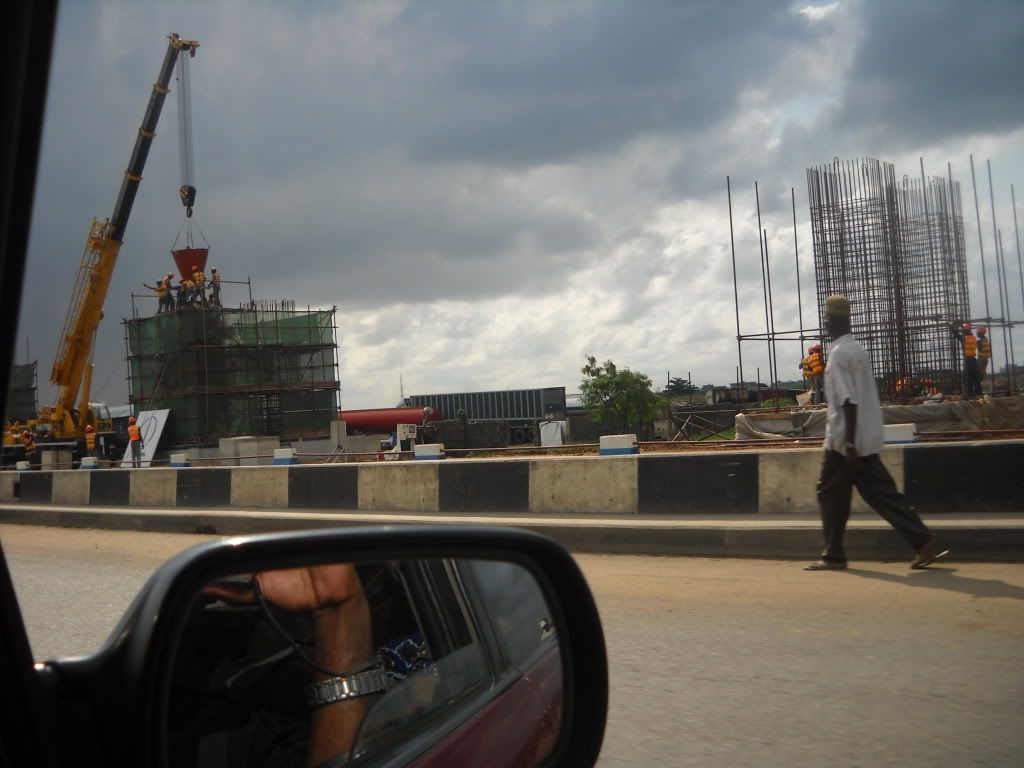Central Bank (CBN) Governor, Prof. Chukwuma Soludo, has blamed northern elites and their leaders for the crippling poverty ravaging the northern states, just as the Minister for Special Duties, Elder Godsday Orubebe, said that the problem in the Niger Delta should be blamed on lack of political will on the part of past leaders.
Prof Soludo, who spoke while delivering a lecture entitled "Banking Reforms in Nigeria" at the 2008 Arewa Inspirational Leadership award in Kaduna yesterday said that with the level of affluence in the north, the region has no reason to lag behind other parts of the country in terms of developmental efforts.
He said that the lack of interest displayed by northern elites towards the socio-economic development of the region is largely responsible for the "crippling poverty" and acute under development in the area.
The CBN governor, whose utterances drew loud applause from the audience at the lecture, argued that this lackadaisical attitude of the Northern elites and their lack of interest towards investing in viable economic ventures is responsible for the region trailing others in almost every aspect of life.
He said Nigeria has become a Northern phenomenon as each of the 19 states in the region exhibited incidences of poverty ranging between 60 and 95 percent, adding that the crippling poverty in the region had assumed the dimension of a national crisis just like the problems in the oil-rich but troubled Niger Delta region.
He stressed that only an inclusive developmental process in which the North could compete favourably with the other parts of the country on the same pedestal would ensure that Nigeria realized its dream of being part of the 20 largest economies in the world by the year 2020.















Bookmarks